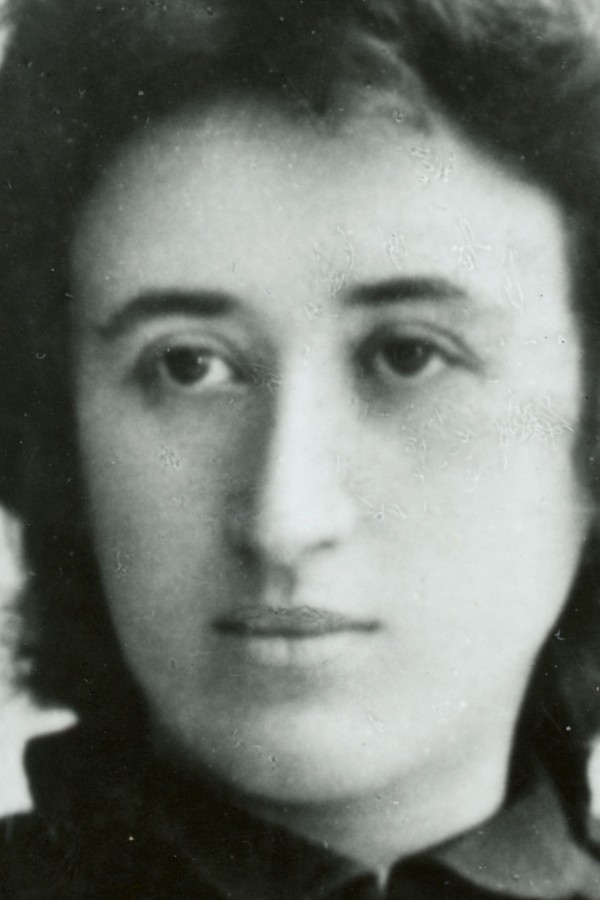What emotions is this person feeling?

Rosa Luxemburg,
1893
-
Bright emotions
-
Not at all Extremely
-
-
Quiet emotions
-
Not at all Extremely
-
-
Heavy emotions
-
Not at all Extremely
-
-
Sombre emotions
-
Not at all Extremely
-
Compare yourself to others
Choose different variables below, and see the patterns of response reflected in the circle of emotion above. Your responses are the coloured wedges. Others' responses are averaged in the spider graph of lines and dots.

Date: 1893
Creator of the image: Unknown Date of the image creation: 1893 Medium of the image: Photograph Person depicted: Rosa Luxemburg Rosa Luxemburg, the subject of this photograph, was born in Poland in 1871, then part of the Russian Empire. At age 15, she joined the Polish Proletariat Party, a group that anticipated the Russian left parties by about 20 years. After fleeing to Switzerland to escape detention in 1889, she studied at the University of Zürich, succeeding in getting a doctorate in 1879. It was a rare occurrence for a woman to receive such an award at that time. This image was taken in 1893 when Luxemburg was a 22-year-old student in Switzerland. Artefacts from the nineteenth-century photographic processes remain, with blobs and distortions in the medium. She appears in soft focus, standing out from a white background in a dark dress. She, rather appropriately, looks towards the left, a slight smile plays at the corner of her mouth. In 1898, Luxemburg moved to Germany and plunged into Marxist political struggles. She wrote books, organised politically, taught economics, wrote illegal anti-war pamphlets, and theorized on spontaneity and revolutionary struggle. She lived an intensely political life for the next twenty years, which came to a climax with what is sometimes called the German Revolution. In late 1918, internal conflict following the end of WWI led to the collapse of the German Empire and its rebirth as a republic, a process in which revolutionaries played key roles. On New Year’s Day in 1919, Luxemburg made the following statement as revolutionary waves swept Berlin: ‘Today we can seriously set about destroying capitalism once and for all. Nay, more; not merely are we today in a position to perform this task, nor merely is its performance a duty toward the proletariat, but our solution offers the only means of saving human society from destruction’. The ferment continued, with a Spartacist uprising. In response to this, the Social Democrat government conspired with the Freikorps — ‘Free Corps’, paramilitary gangs of often right-wing ex-soldiers who functioned essentially as mercenaries — to put an end to the left-wing revolutionaries. Two weeks after her revolutionary statement, the Freikorps captured Luxemburg, bashed her with rifle buts, before shooting her in the head and flinging her corpse into a canal in Berlin.